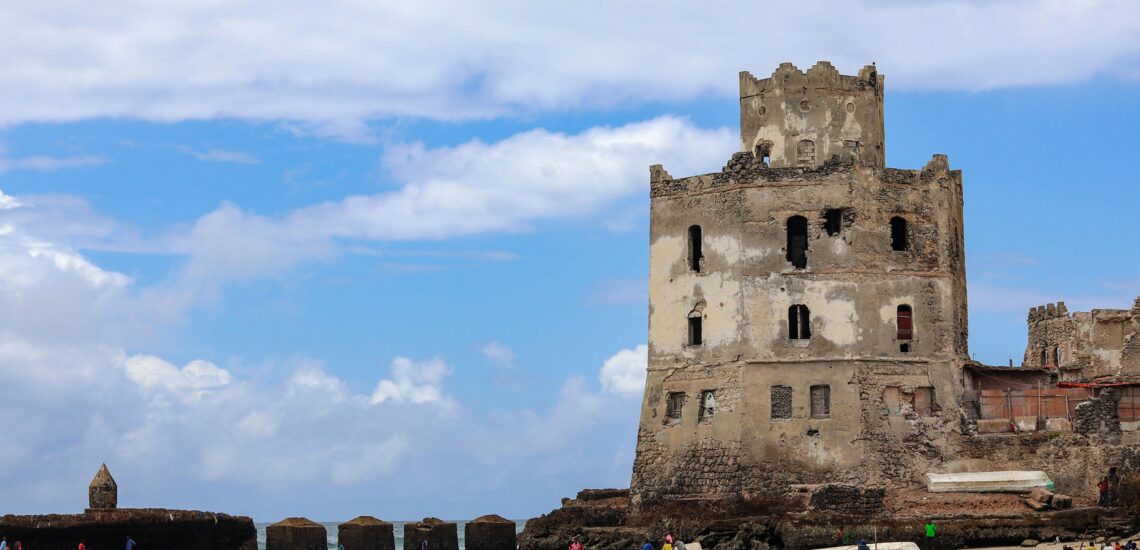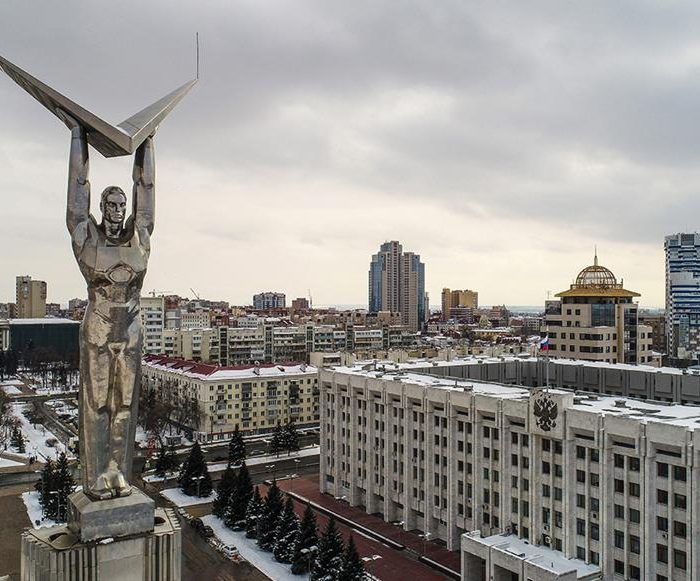Quick facts about Somalia:
- Population: Approximately 16 million people.
- Capital: Mogadishu.
- Official Languages: Somali and Arabic.
- Other Languages: English and Italian are also used, particularly in business and education.
- Currency: Somali Shilling (SOS).
- Government: Federal parliamentary republic (currently experiencing political instability).
- Major Religion: Islam, predominantly Sunni.
- Geography: Located in the Horn of Africa, bordered by Ethiopia to the west, Kenya to the southwest, and Djibouti to the northwest. It has a long coastline along the Indian Ocean to the east.
Fact 1: Somalia has the longest coastline of any country in Africa
Somalia boasts the longest coastline of any African country, stretching approximately 3,333 kilometers (2,070 miles). This extensive coastline borders the Indian Ocean to the east and the Gulf of Aden to the north. The lengthy shoreline provides Somalia with a wealth of marine resources and significant strategic importance in regional and international maritime routes.
The Somali coastline features a variety of landscapes, including sandy beaches, rocky cliffs, and coral reefs, which support diverse marine life. Its length and geographical position also make it a crucial point for shipping routes connecting the Middle East, Africa, and Asia.
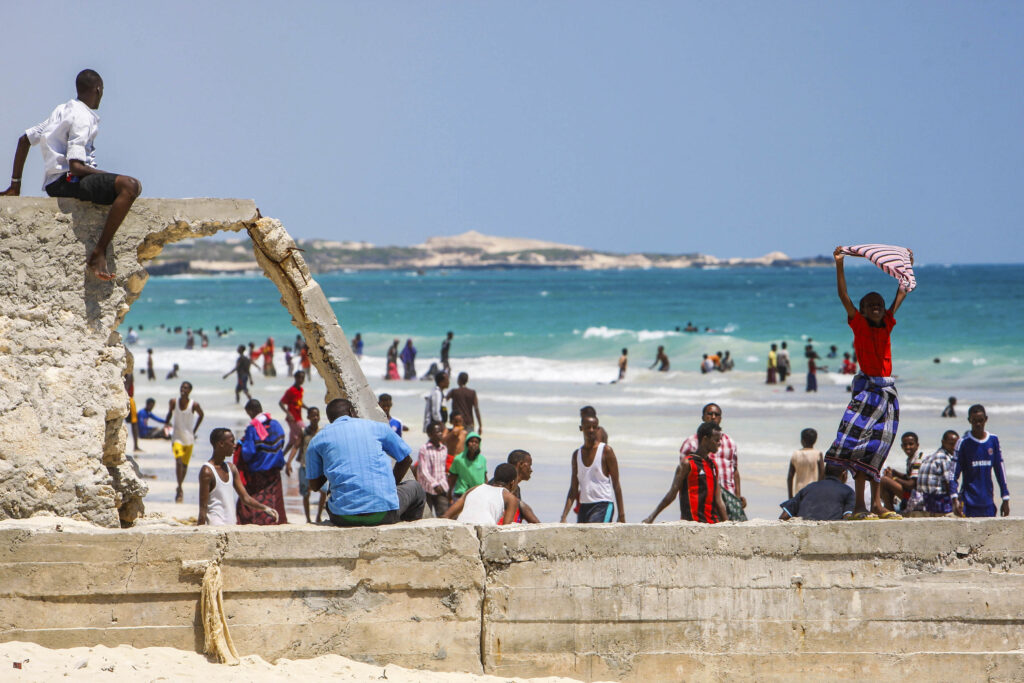
Fact 2: The Somali pirates became world famous at one time
Somali pirates gained global notoriety in the late 2000s and early 2010s due to a series of high-profile hijackings and attacks on international shipping. The Somali coast, with its vast and poorly patrolled waters, became a hotspot for piracy.
The pirates targeted commercial vessels, seizing ships and demanding substantial ransoms for their release. One of the most infamous incidents was the 2009 hijacking of the Maersk Alabama, a U.S. cargo ship, which led to a dramatic rescue operation by the U.S. Navy and a high-profile trial. The incident highlighted the serious security threat posed by Somali piracy and led to increased international naval patrols in the region.
At the moment, almost nothing is heard about Somali pirates, the military and PMCs have taken up the fight against them.
Fact 3: Camels are very important for Somalia
In Somalia, camels are immensely important both economically and culturally. They are crucial to the livelihoods of many Somali pastoralists, thriving in the country’s arid climate where other animals might struggle. Camels provide essential resources such as milk, meat, and hides, which are central to local diets and trade. Camel milk, in particular, is highly valued for its nutritional and medicinal benefits.
Culturally, camels hold a special place in Somali traditions and social practices. They are often featured in local festivals and ceremonies, and owning camels is a sign of wealth and status. Traditional Somali poetry and songs frequently celebrate camels, reflecting their deep-rooted significance in the community. Additionally, camel racing is a popular sport, further emphasizing their role in Somali life.
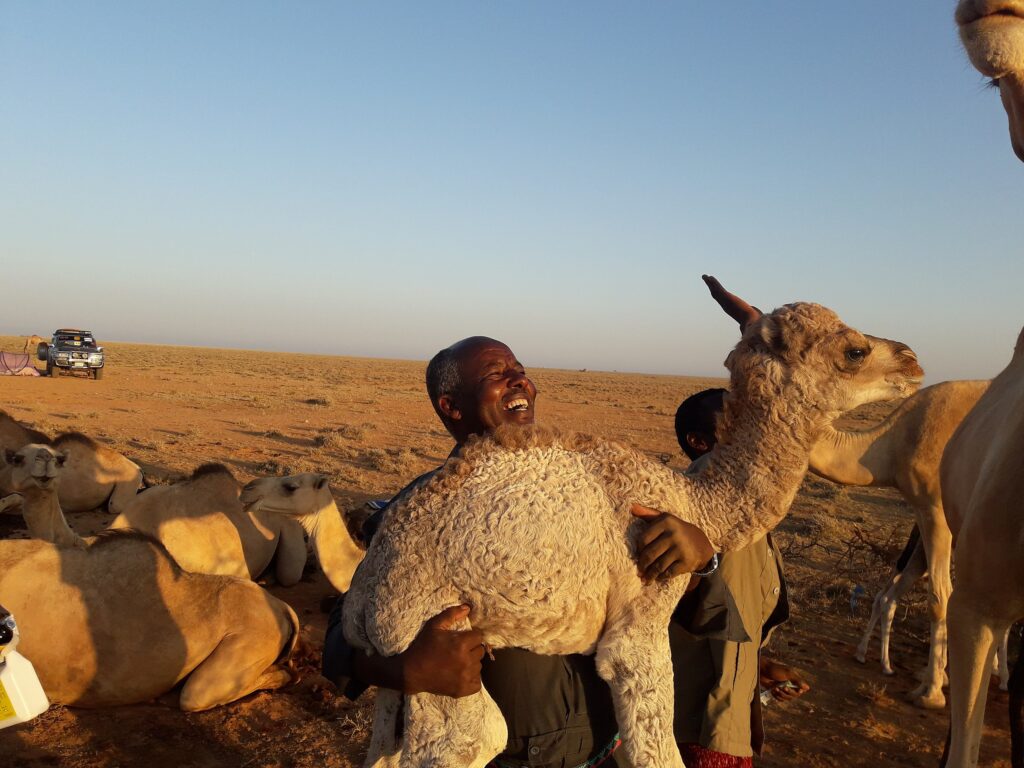
Fact 4: Rice is a staple of Somali cuisine
It is a versatile ingredient that complements a variety of flavors and ingredients, making it a key component of Somali meals. In Somali households, rice is commonly served with a range of accompaniments, such as meat, vegetables, and spicy stews.
A popular Somali dish featuring rice is “bariis”, which is often cooked with aromatic spices like cumin, cardamom, and cloves. Bariis is frequently paired with dishes like “suqaar”, a spiced meat stew, or “maraq”, a rich broth with meat and vegetables. The combination of rice with these flavorful dishes reflects the diverse and rich nature of Somali culinary traditions.
Fact 5: Somalia is historically known for frankincense
Somalia has a long-standing reputation as a major producer of frankincense, a valuable resin with a rich history of use in religious rituals, medicine, and perfumery. The country is renowned for its production of high-quality frankincense, particularly from the Boswellia sacra and Boswellia frereana trees, which thrive in the arid and semi-arid regions of Somalia.
Historically, frankincense from Somalia was highly prized in ancient trade networks, reaching markets in the Mediterranean and beyond. Its significance in religious and cultural practices contributed to its status as a sought-after commodity. Today, Somalia remains the largest global producer of frankincense, contributing significantly to both the local economy and the global market for this aromatic resin.
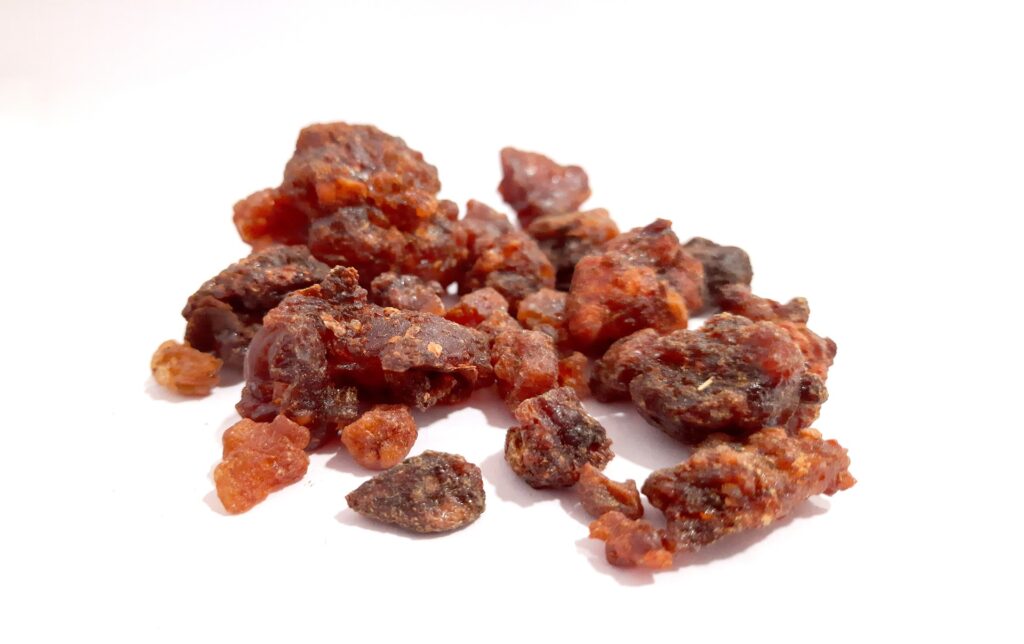
Fact 6: Somalia has many species of animals that are endangered
Somalia is home to a variety of wildlife, some of which are endangered due to habitat loss, poaching, and environmental changes. The country’s diverse ecosystems, ranging from arid deserts to savannas, support several unique species. Among the endangered animals found in Somalia are:
1. Somali Wild Ass: Native to the Horn of Africa, this critically endangered species is distinguished by its distinctive stripes and adapted to the harsh desert environment.
2. Grevy’s Zebra: Recognizable by its narrow stripes and large size, this zebra is found in the northern parts of Somalia and is classified as endangered due to habitat loss and competition with livestock.
3. Somali Elephant: This subspecies of the African elephant is adapted to the arid conditions of Somalia. Its population is threatened by poaching and habitat fragmentation.
4. Somali Gerenuk: Known for its long neck and legs, this antelope species is adapted to browsing on shrubs and is endangered due to habitat loss and hunting.
Fact 7: Somalia has ruins of ancient cities
Somalia is home to several significant archaeological sites that reflect its rich historical and cultural heritage. Among these are ruins of ancient cities that offer glimpses into Somalia’s past civilizations and their impact on the region.
- Old Mogadishu: The historic city of Mogadishu, the capital of Somalia, has ancient ruins that highlight its importance as a major trading hub in the medieval period. The city’s architecture, including old mosques and historical structures, speaks to its rich history as part of the Swahili Coast trading network.
- Zeila: Located in the northwestern part of Somalia, Zeila was an important port city in the medieval period and is known for its ancient ruins. The remnants of old mosques and buildings provide evidence of its historical significance in trade and culture.
- The Hargeisa Ancient City: Near Hargeisa, the capital of Somaliland, there are ruins and rock art that date back thousands of years. The ancient city and its artifacts are crucial for understanding the early civilizations in the Horn of Africa.
Note: If you plan to visit the country, check if you need an International Driving Permit in Somalia to rent and drive a car.
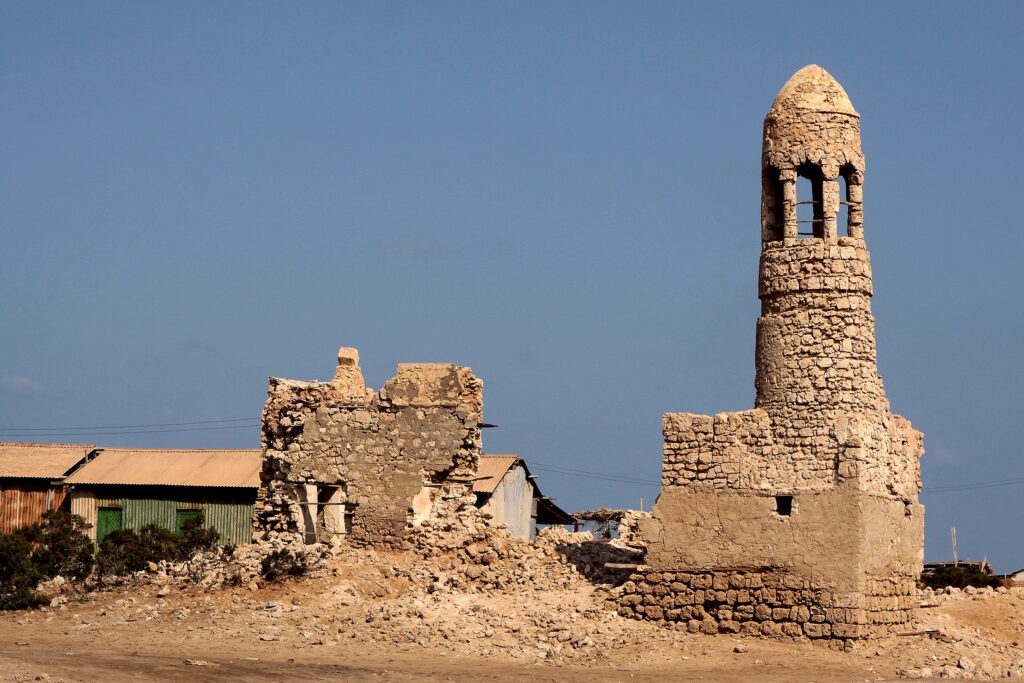
Fact 8: Somalia has a rich oral tradition
Somalia has a vibrant and deeply rooted oral tradition that plays a central role in its culture. This tradition encompasses a wide range of forms, including poetry, storytelling, proverbs, and songs, all of which are used to convey history, values, and social norms.
Poetry is particularly significant in Somali culture. It serves not only as a form of artistic expression but also as a means of preserving and transmitting historical and cultural knowledge. Somali poets, known as “buraanbur”, often compose and recite poetry that addresses themes of love, honor, and social justice. This poetry is performed in gatherings and ceremonies, and it can be both a personal and public expression of sentiment.
Storytelling is another essential component of Somali oral tradition. Through storytelling, elders pass down myths, legends, and historical narratives to younger generations. These stories often feature moral lessons and reflect the values and beliefs of Somali society.
Proverbs in Somali culture are used to impart wisdom and guide behavior. They are often cited in conversations and serve as a way to offer advice or make a point succinctly.
Songs also play an important role, with traditional Somali music being integral to social and cultural events. Songs can celebrate various aspects of life, including achievements, celebrations, and personal stories.
Fact 9: There are only 2 permanent flowing rivers in Somalia
In the entire country, there are only two permanent rivers that flow throughout the year:
- The Jubba River: Originating in the Ethiopian Highlands, the Jubba River flows through southern Somalia before emptying into the Indian Ocean. It is a crucial water source for agriculture and livelihoods in the regions it traverses.
- The Shabelle River: Also beginning in the Ethiopian Highlands, the Shabelle River flows southeastward through central Somalia and into the Indian Ocean. Like the Jubba, it plays a vital role in supporting agriculture and providing water for local communities.
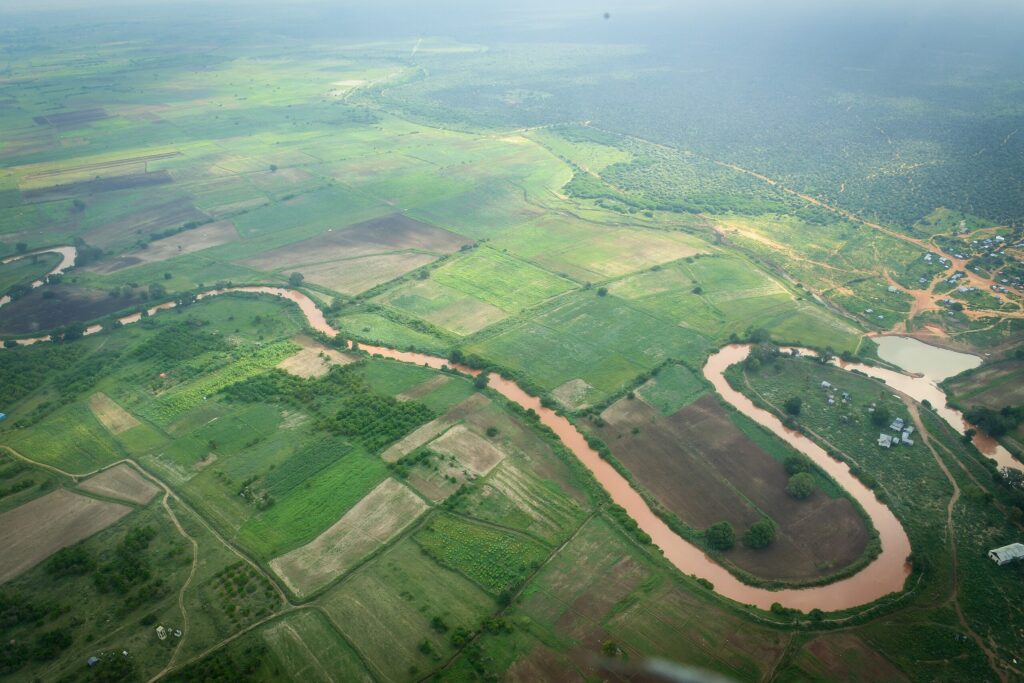
Fact 10: Somalia is one of the poorest states in Africa
Somalia is one of the poorest countries in Africa, facing severe economic challenges that are deeply rooted in its complex history. The prolonged conflict and instability that have plagued the nation for decades have left its economy in a precarious state. These ongoing issues have disrupted essential services, including healthcare and education, and have hindered infrastructure development.
The country’s heavy reliance on agriculture, which is vulnerable to the impacts of frequent droughts and limited water resources, further complicates its economic situation. The absence of substantial industrialization means that Somalia largely depends on imports, leading to economic strains and trade imbalances.

Published September 01, 2024 • 8m to read

